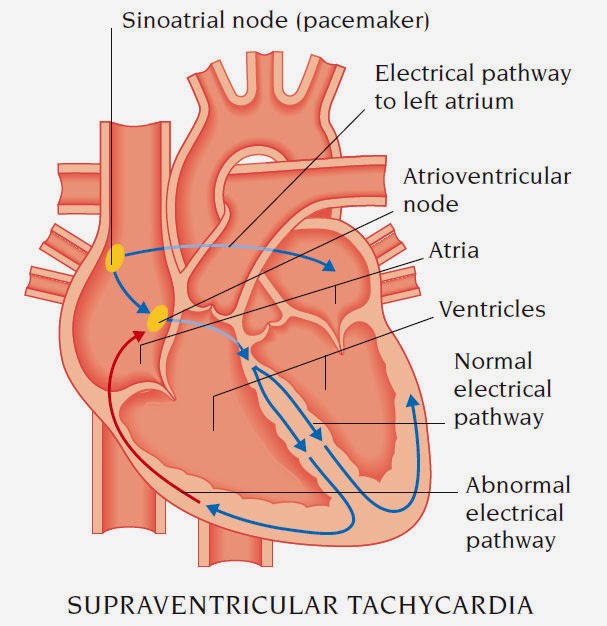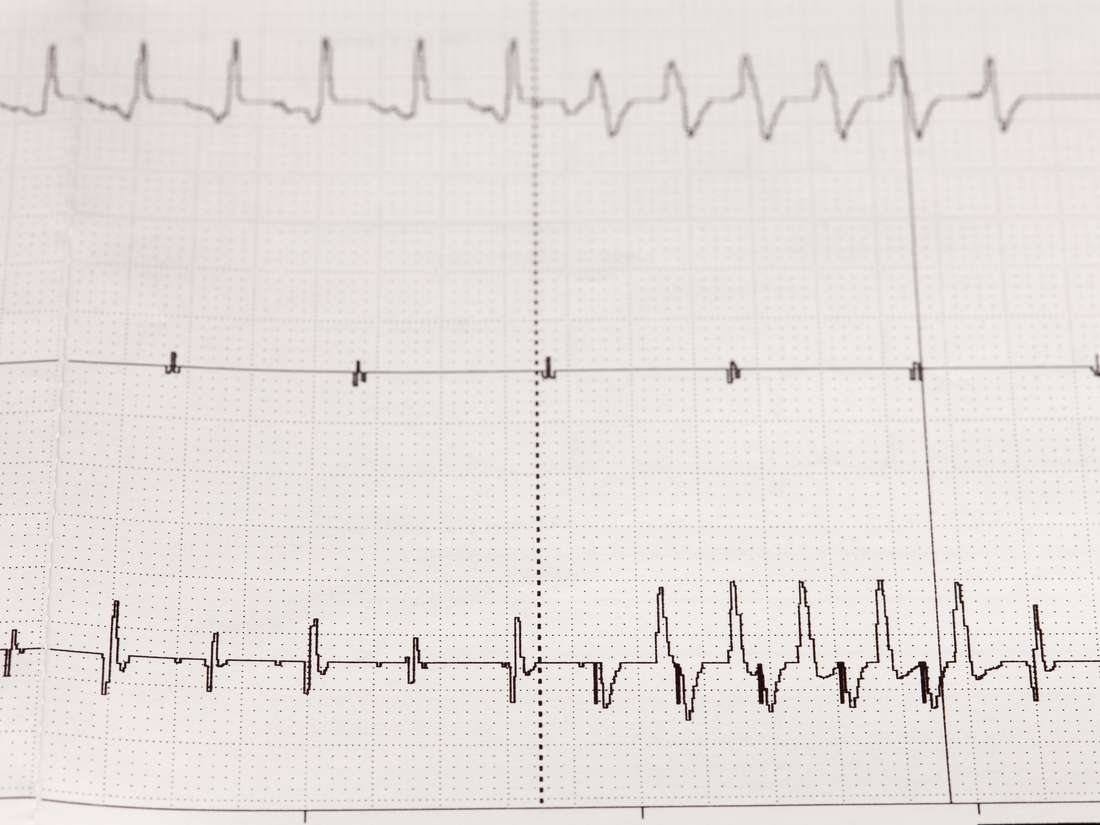

In: Libby P, Bonow RO, Mann DL, Tomaselli GF, Bhatt DL, Solomon SD, eds. Approach to the patient with suspected arrhythmia. 2017 AHA/ACC/HRS guideline for management of patients with ventricular arrhythmias and the prevention of sudden cardiac death: Executive summary: A Report of the American College of Cardiology/American Heart Association Task Force on Clinical Practice Guidelines and the Heart Rhythm Society. It sends a signal to your heart that makes your heart beat at the correct pace.Īl-Khatib SM, Stevenson WG, Ackerman MJ, et al. Permanent pacemaker, a device that senses when your heart is beating too slowly.An implantable cardioverter defibrillator, placed in people who are at high risk of sudden cardiac death.Cardiac ablation, used to target areas in your heart that may be causing your heart rhythm problems.Other treatments to prevent or treat abnormal heart rhythms include: Do not stop taking the medicine or change the dose without first talking to your provider. Take them as prescribed by your provider. Some of these medicines can have side effects. To keep your heart rate from becoming too fast or too slow.To prevent an arrhythmia from happening again.Medicines called anti-arrhythmic drugs may be used: Sometimes, better treatment for your angina or heart failure will lower your chance of having an arrhythmia. Medicines given through a vein or by mouth.Implanting a short-term heart pacemaker.Electrical therapy (defibrillation or cardioversion).When an arrhythmia is serious, you may need urgent treatment to restore a normal rhythm. Heart disease that is present at birth (congenital).Heart attack, or a damaged heart muscle from a past heart attack.Abnormal levels of potassium, magnesium, or other substances in the body.Some common causes of abnormal heartbeats are: Electrical signals travel in new or different pathways through the heart.Electrical signals may be blocked or slowed.Different nerve messages signal your heart to beat slower or faster.Īrrhythmias are caused by problems with the heart's electrical conduction system.The signal leaves the SA node and travels through the heart along a set electrical pathway.The electrical impulse that signals your heart to contract begins in an area of the heart called the sinoatrial node (also called the sinus node or SA node).To help this happen, your heart has an electrical system that makes sure it contracts (squeezes) in an orderly way. Make sure to tell your doctor if your family has a history of known heart abnormalities or unexplained death before the age of 50 (including sudden infant death syndrome).Normally, your heart works as a pump that brings blood to the lungs and the rest of the body. Another type of monitor that your doctor may have your child wear is a loop recorder, which is worn for one month but records only when the child pushes a button on the recorder at the time of an event of palpitations.īased on the results of these tests, your pediatric cardiologist will determine whether your child has an arrhythmia, which is an irregular heartbeat caused by a problem with the heart's built-in electrical system. Your child may also have to wear a Holter monitor, which records the heart rhythm over 24 hours. He may order heart tests such as an electrocardiogram, echocardiogram, stress test (on a bicycle or treadmill) or, rarely, cardiac catheterization.
#Heart arrhythmia full#
He or she will perform a full evaluation of your child's health, including getting a medical history and performing an examination. Your pediatrician may also refer you to a pediatric cardiologist, a doctor who specializes in heart problems in children.
#Heart arrhythmia how to#
Ask your pediatrician for information on how to check your child's heart rate.

If you are able to check your child’s heart rate by taking the pulse or touching the chest directly when the palpitations occur, that information will be helpful to your doctor. If the palpitations occur often and you are concerned, call your doctor or make an appointment to discuss the issue.

If your child experiences heart palpitations without any other symptoms, you should keep a log of when palpitations occur and under what conditions, then talk to your primary care pediatrician at a regular checkup.


 0 kommentar(er)
0 kommentar(er)
